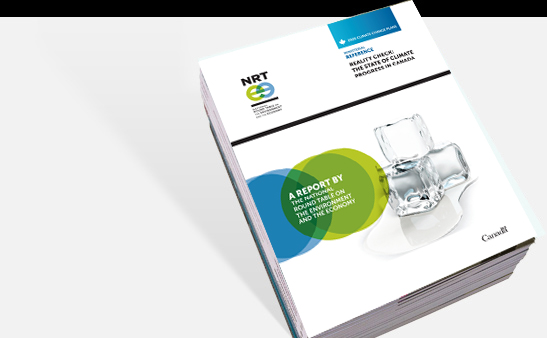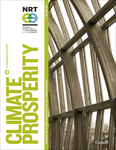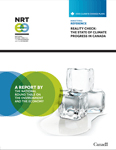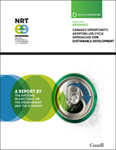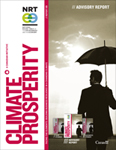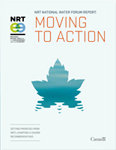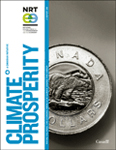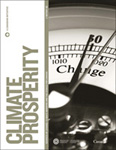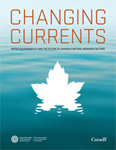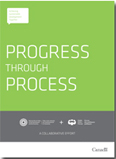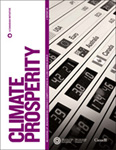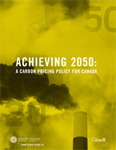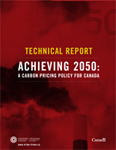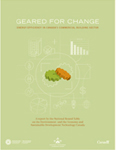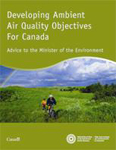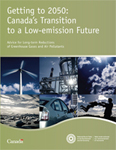Roundtable Discussion on Climate Change Impacts and Adaptation – Theme 1 – October 5, 2010
NATIONAL ROUND TABLE / ROYAL CANADIAN GEOGRAPHICAL SOCIETY INITIATIVE
Theme I: What risks and opportunities does Canada face in a changing climate?
A changing climate has the potential to affect Canadians, our environment, and our livelihoods, posing risks and some opportunities for all regions and many sectors. The purpose of Theme I is to begin to identify the scope of Canada’s adaptation needs. The moderator will ask participants to present and discuss the issues from their own knowledge, perspectives, and experiences, aided by the information summarized in NRTEE’s Degrees of Change diagram. The questions to explore are:
- The impacts of a changing climate are already evident in every region of Canada. Future changes in climate have the potential to exacerbate existing issues (such as water management challenges) and create new risks (such as the introduction of vector borne-diseases in some areas). What are the most important threats to the sustainability of communities, industry, and ecosystems related to the impacts of climate change? Some studies show that Canada could benefit from gains in agriculture, tourism, northern resources development, and our ability to attract foreign talent and skills. What are the most important opportunities we should be pursuing?
- What factors affect regional and sectoral perceptions of risks and opportunities presented by changing climate and of responses needed to address these risks and opportunities?
- A key element of understanding the potential implications of a changing climate is the rate at which the climate will change, and the rate at which it is possible to adapt. Sectors differ in their ability to adapt quickly – for example, agriculture can adapt quickly, the national health care system less so. What sectors of the economy and society would be particularly vulnerable to accelerated climate change?
- What are the most important risks posed to Canada from the impacts of climate change that occur outside Canada (mediated through trade, security, aid, immigration, and other issues)?
- What are the climate impacts that Canada needs to prepare for on a priority basis in order to ensure economic resilience (e.g., changes in climate extremes such as droughts and floods; gradual changes in temperature, precipitation, sea-levels; cascading impacts; climate change impacts elsewhere in the world) where policy action might be needed?
THEMES
Theme I: What risks and opportunities does Canada face in a changing climate?
Theme III: What should Canada do to adapt and prosper through a changing climate?




